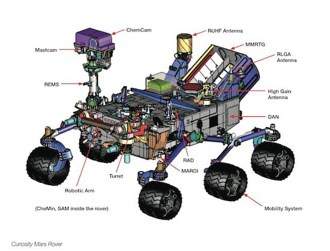Dyson and Ann Marie Sastry Making Strides In Solid State Li-ion Battery Development
Sir James Dyson, known to housekeepers around the world as a creative problem solver, has announced that he will be investing £1 billion ($1.3 billion) to develop a premium electric car and an equal amount of money on solid state battery development. The battery effort is key to his automotive dreams, and his star player and…

